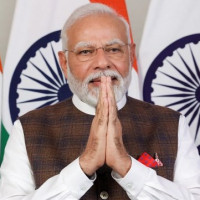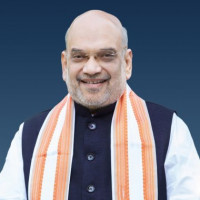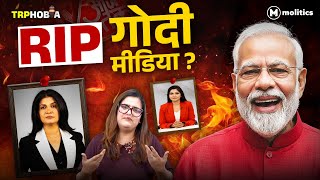Story of Afzal Guru: Parliament Attack में किसका हाथ था ?
The 2001 Indian Parliament attack remains one of the most significant terror incidents in India's history, marking a chilling episode of violence that sent shockwaves through the nation. On December 13, 2001, five heavily armed terrorists infiltrated the Parliament complex in New Delhi, equipped with explosives, firearms, and a mission to create havoc. In the ensuing gun battle, all five attackers were killed, along with nine others, including security personnel and a civilian. The attack was widely attributed to the Pakistan-based terror group Jaish-e-Mohammed, leading to heightened tensions between India and Pakistan. The investigation unraveled a complex network of individuals allegedly involved in orchestrating the attack. The Delhi Police arrested several suspects, including Afzal Guru, Shaukat Hussain Guru, and S.A.R. Geelani. The investigative process was intricate, involving the recovery of fake ID cards, satellite phones, and a trail of suspicious phone numbers that connected the terrorists to their handlers. Despite the arrests, the case was riddled with controversies, particularly concerning evidence reliability and the judicial process. Afzal Guru's conviction became a focal point of debate, with allegations of an unfair trial and inadequate legal representation. While he was sentenced to death and eventually executed on February 9, 2013, his case continues to evoke strong opinions, reflecting deep divisions over issues of justice, terrorism, and civil rights in India. Geelani, however, was acquitted due to insufficient evidence. The incident underscored lapses in security and raised questions about India's preparedness against terror threats. It also highlighted the complex interplay of politics, law enforcement, and human rights in addressing terrorism. The attack and its aftermath remain a pivotal moment in India’s fight against terrorism, shaping policies and public discourse for years to come.
































































